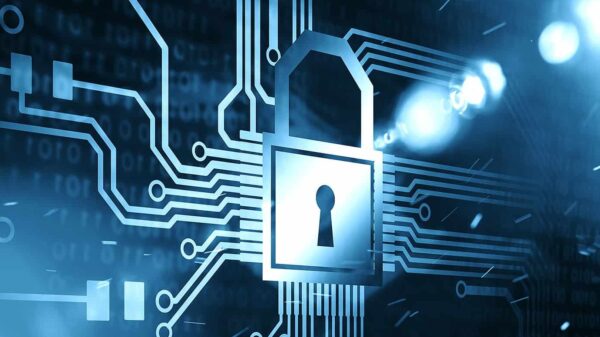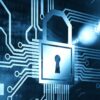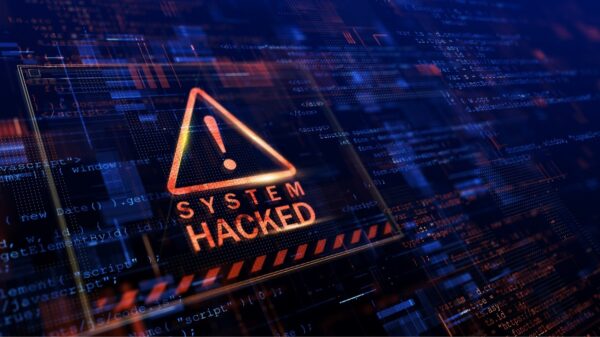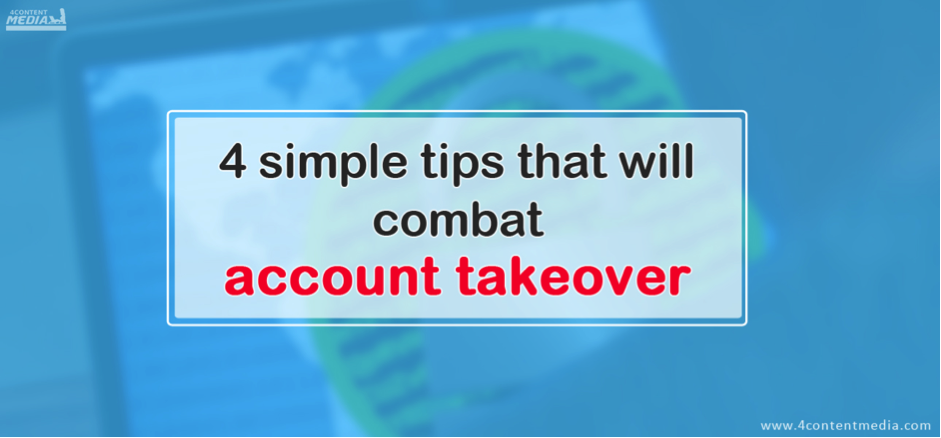
- Image via Wikipedia
As the use of virus attacks to target online bank accounts by cyber criminals increase, it is important that online banking customers know how to protect their accounts from malicious programs such as viruses and trojan attacks. Only recently there was a report about a ‘trojan’ virus which was described as ‘the most sophisticated and dangerous malware program ever created’ by security experts. Like other online attacks, the program operated discretely by secretly emptying customer accounts while showing them fake statements so that the scam was undetected.
However, the following measures can be taken to ensure that your computer remains secured so that online transactions can be made in a safe and secure environment.
- Keep your firewalls set to the highest level of security possible.
- Ensure that your anti-virus software is operational and up to date.
- Never open an e-mail attachment from people you do not know and scan with anti-virus, if you must.
- Never double-click on an e-mail attachment that ends in .exe as this denotes that the file is an ‘executable’ file which has the potential of harming your computer.
- If you suspect that you are already a victim of an Internet banking scam, contact your bank immediately. Banks will normally reimburse genuine victims of online banking fraud.
Talking Point
Can you suggest other ways to stay safe online?
Thanks for reading this article. If you're new here, why don't you subscribe for regular updates via RSS feed or via email. You can also subscribe by following @techsling on Twitter or becoming our fan on Facebook. Thanks for visiting!

8 Comments
Leave a Reply
Cancel reply
Leave a Reply
This site uses Akismet to reduce spam. Learn how your comment data is processed.























































































































































































Henway
September 22, 2010 at 10:46 pm
– Pretty obvious, but make sure you log-off if you’re on a public computer.
– Don’t set your password to something obvious you can find in your Facebook or personal homepage.
– Don’t assume if someone calls you and says they’re from your bank, it’s true.. same with text messages.. this is actually a pretty sneaky trick they’re doing nowadays
UK Webmaster forum
September 23, 2010 at 11:15 am
Nice guide, online banking require lots of security measurement, I think this guides will help alots, thanks for sharing.
Slideboards
September 23, 2010 at 10:04 pm
I think most online banking sites are fairly secure these days. Just make sure to read what each site offers to make sure your banking is secure. I would avoid doing online banking from wireless locations as well.
Pingback: Tweets that mention Essential Guide to Online Banking Protection
Jim Olenbush
August 19, 2011 at 2:50 pm
I also would like to add that to ensure that the website is secured you have to check the url. It should be “https” rather than “http”. Https is another protocol primarily developed with secure transaction in mind.
Don
April 4, 2012 at 7:54 am
Good guide. Make sure passwords are over 8 characters (Preferably 12 to 15 characters), and you have good antivirus and antimalware programs installed like malwarebytes, superantispyware or microsoft security essentials.
Fran
January 14, 2013 at 8:32 pm
I use 2 computers one computer just for online baking and brokerage account. The other computer i use for surfing the internet and emails. I aso would not use free wifi at any place to do online banking.
Brogan
June 12, 2018 at 11:22 am
Thanks for the great tips. I sure like to use online banking systems but security is a big issue for me.